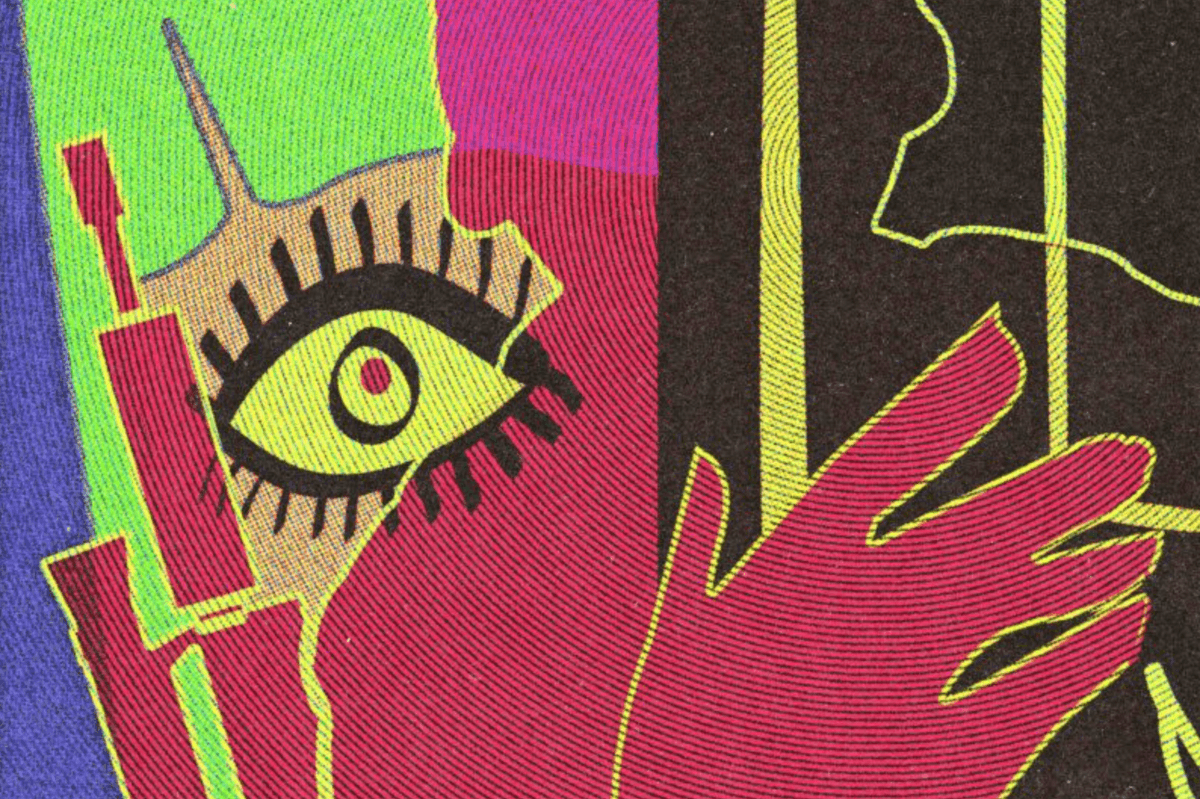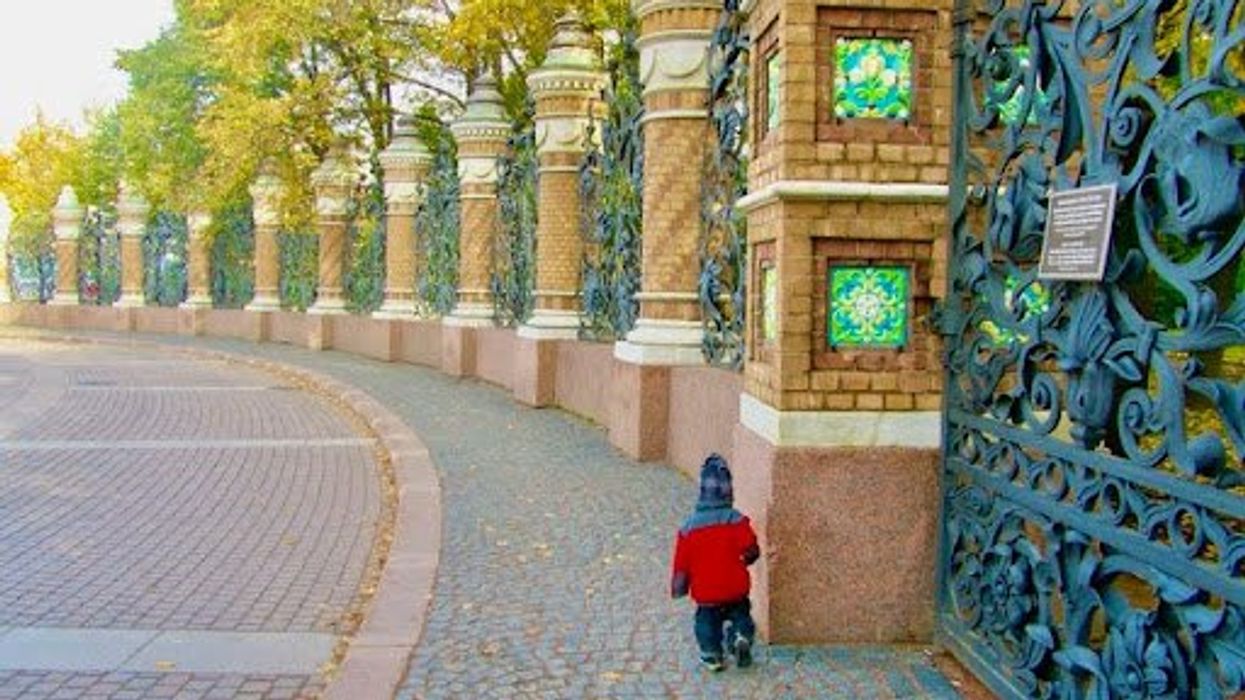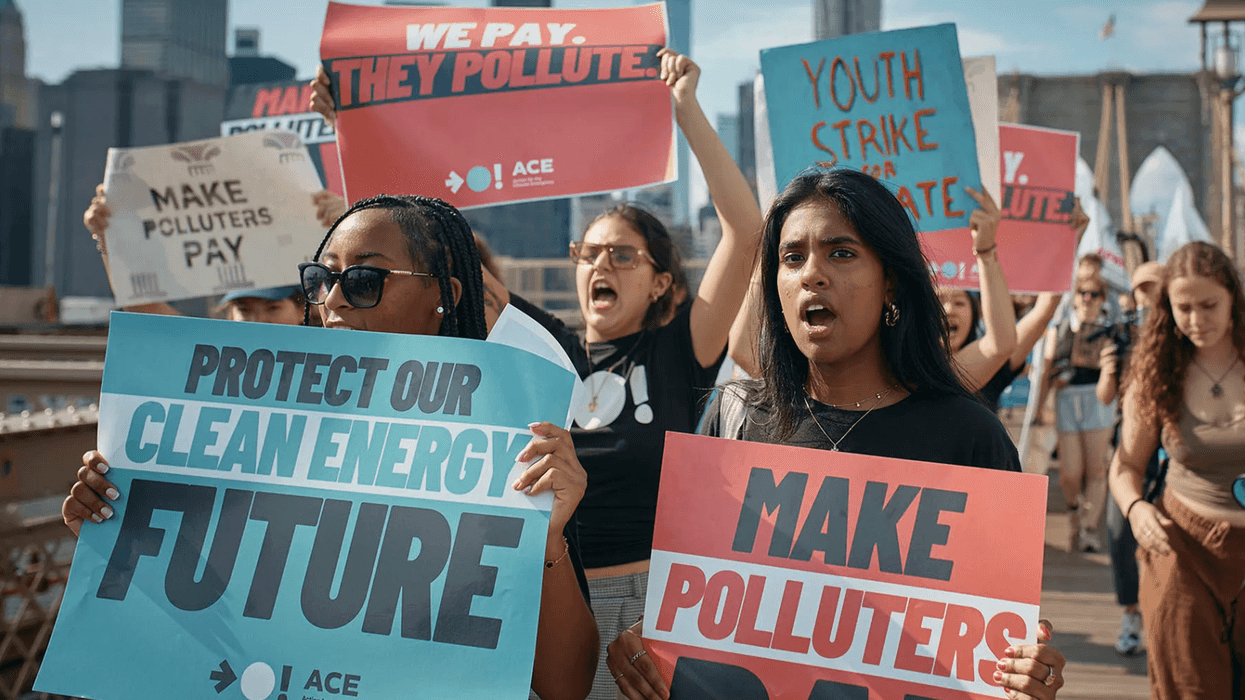Lockard is an Iowa resident who regularly contributes to regional newspapers and periodicals. She is working on the second of a four-book fictional series based on Jane Austen’s “Pride and Prejudice."
Ralph Waldo Emerson wrote, “ the first lesson of history is the good of evil.” A contrary statement, but one that describes the impetus that must often take place to move people and nations to action. Such a time is now.
As children, we read stories of heroes and villains pitted in the struggle between good and evil. Cinderella and her evil stepmother; the heroes in the “Narnia” series and the White Witch; Mowgli and Shere Khan in “The Jungle Book,” Peter Pan and Captain Hook. On and on. Disney movies also brought fairy tales to a whole generation on the big and small screens. But rarely, even in those cartoon depictions, was evil defeated without sacrifice.
Perhaps we were more attuned to the struggle between such opposing forces as children, our perceptions stored away with other childish things. Yet, forces for good and for evil play out every day in our lives. For evidence, we need look no further than the daily news.
In our politically correct world, it is tempting to deny this. That is, until evil becomes an imminent threat, too close, too powerful. Yet, how much better to confront it before it runs rampant – as in Hitler’s Nazi Germany, as now in Ukraine.
We have a son, adopted from St. Petersburg, Russia. He was brought home just weeks before Vladimir Putin abruptly closed adoptions to the United States, an act of political retaliation for freezing Russian assets. (Read “ Red Notice ” by Bill Browder for a stunning story of the struggle between good and evil in Putin’s corrupt Russia.)
When adopting from Russia, three visits are required as well as suitcases of presents and money – presents over the table, money under it. When Putin closed adoptions in 2011, hundreds of orphans lost their chance at a home and a life. Older children especially were painfully aware of their loss; their prospective parents had met them, likely twice, and they were waiting only to go to their new homes.
Orphans punished, parents broken-hearted, millions of dollars lost. There is not much more one needs to know about Vladimir Putin.
As the years have gone by, Putin has only grown more openly ruthless. His illegal invasions of Ukraine (first Crimea in 2014, and then the rest of the country two years ago) is evidence enough.
It is well past time to recognize him for the villain he is.
We also have a son adopted from Ukraine. In April 2022, Kharkov, in the northeastern part of the country, was bombed. We watched on the national news as the children from Orphanage #4, where our son was, were evacuated.
Again, orphans. Always the innocent. Always those without resources to fight. That is how bullies operate. That is how evil flourishes.
In the United States, we will not tolerate bullying in schools. It is time we take that intolerance to the world’s “playground.”
Alexei Navalny, who crusaded against Russian corruption and staged massive anti-Kremlin demonstrations, died Feb, 16h in Russia’s Arctic penal colony. He was 47. He had returned to Moscow of his own volition from Germany, where he had been recovering from nerve agent poisoning, blamed on the Kremlin.
Navalny returned to Russia because he was courageous, because he cared about his people and because he valued freedom over even his own life.
“Virtue is bold and goodness never fearful,” wrote Shakespeare.
President Joe Biden, along with many members of Congress from both the left and the right, have joined world leaders in blaming Putin, and the rotten political system he commands, for Navalny’s untimely death. Yet many shamefully have not.
It is past time to stop the disgraceful antics of some in Congress and the political finagling. It is past time we move beyond partisanship, fund Ukraine and continue to aid in their struggle.
In all the stories of all the great battles ever told, from the earliest literature to the Bible to “Star Wars,” the storyline is the same. The fight is ultimately between evil and good, between darkness and light.
We must channel our early understanding of the world. We know evil when we see it. We knew it as children; we know it now.
Let us be on the side of the light.




















